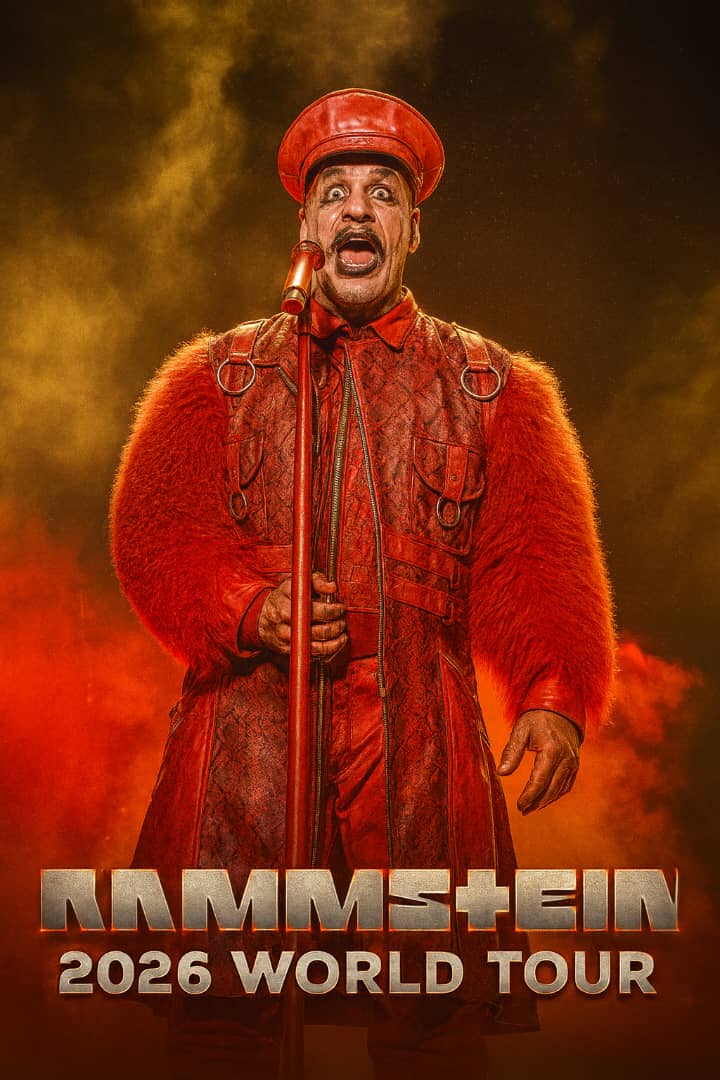Uhtred of Bebbanburg has never been a man to surrender easily to fate, though fate has stalked him like a shadow since boyhood. Now, Netflix brings fans one final storm-soaked chapter with The Last Kingdom: Seven Kings Must Die, a sweeping continuation that promises not only to honor Uhtred’s long, blood-streaked journey but to push him deeper into the heart of destiny than ever before. For viewers who have ridden alongside him through shield walls, heartbreak, and hard-won triumph, this new chapter is more than a series—it’s the culmination of a saga that has become legend.
The story picks up after the fragile unity of England begins to crack. King Edward is dead, and the realm is poised on a knife’s edge. Rival claimants rise, war drums echo across Mercia and Northumbria, and old oaths are tested by new ambitions. Though Uhtred once sought only to secure Bebbanburg for his bloodline, he now finds himself inexorably pulled back into the lethal dance of kings and priests who would shape England’s soul in iron and fire.
Returning to his beloved role, Alexander Dreymon infuses Uhtred with the same fiery magnetism that has made him one of the most compelling heroes in modern historical drama. But there’s something more haunted in his eyes this time—a quiet knowing that every sword stroke may carve the final runes of his story. When Uhtred stands atop the windswept cliffs of Bebbanburg, gazing out over the turbulent North Sea, it is as though he’s peering straight into the face of the Norns themselves, daring them to weave his doom.
The series does not shy away from the stark realities of its world. This is still the brutal 10th century, where alliances turn on whispered promises and vengeance is a sacred duty. Yet there’s a grandeur to these final conflicts that feels almost mythic. Cinematographers capture armies assembling on frost-bitten fields under blood-red dawns, ravens wheeling overhead as if bearing witness to fate itself. When the shield walls clash, the battles are not merely fought—they are lived in all their visceral terror and raw, muddy glory.
Longtime fans will be thrilled to see familiar faces return. Finan, ever Uhtred’s loyal Irish shadow, provides moments of gruff humor and unwavering brotherhood. Sihtric, the haunted warrior, remains a blade always at Uhtred’s side. Even the specters of the past seem to linger on the edges of the frame—ghosts of Ragnar, Brida, and others who shaped Uhtred’s path with love and hatred alike. It is as if their spirits refuse to depart until Uhtred’s own saga is fully written.
There is also a new generation rising, eager to carve their own legends in blood. Young Aethelstan, heir to Edward’s fractured dream of a unified England, becomes both ally and crucible for Uhtred. Their bond is complex, forged in battles but strained by prophecy and the deadly politics of succession. The question hanging over them is not only whether England will stand, but whether either of them will survive the price of making it so.
Fans of Bernard Cornwell’s novels will find much to savor in the nuanced interplay of pagan and Christian worlds, of Dane and Saxon loyalties, and of the unyielding march of history that threatens to crush every personal oath. Yet the Netflix adaptation also breathes new cinematic life into these themes, giving them a pulse that is at once intimate and thunderously epic. The delicate moments—a quiet prayer before battle, a hand gripping a weathered sword hilt, a tear shed in secret—feel just as monumental as the clash of armies.
The score soars with aching beauty, weaving mournful chants with pounding war drums that seem to echo the beating of England’s own heart. When Uhtred rides into the maw of battle, his war cry—“Destiny is all!”—rings out not merely as a boast, but as a desperate defiance against a world determined to claim his life. It is the cry of a man who has lost everything, gained it back, and now stands ready to wager it all once more.
What gives this chapter such profound resonance is the weight of all that has come before. We remember Uhtred as the boy torn from his Saxon birthright, raised by Danes, forever straddling two warring worlds. We recall his loves lost, his children endangered, his loyalty tested by every new king and conniving bishop. This final war is not merely England’s—it is Uhtred’s last stand to determine whether he will be remembered as a Saxon lord, a Dane’s son, or simply as Uhtred, a man who lived and bled by his own code.
As the series draws toward its climax, it becomes clear that destiny does not grant easy victories. There are betrayals that cut deeper than swords, revelations that shift the very ground beneath Bebbanburg’s ancient stones. Uhtred must decide if holding his ancestral home is worth the risk of watching everything he loves burned to ash. It is a choice that tests even his iron resolve, forcing him to confront the oldest of questions: what is a man’s honor worth, measured against the lives of those he holds dear?
When the final credits roll, viewers are left with the ache of having witnessed the end of something irreplaceable. Yet there is also a fierce, bittersweet joy. For through every loss, every triumph, and every heartbreak, Uhtred’s journey has burned with a vitality that no crown or cross could ever extinguish. His cry of “Destiny is all!” still echoes across Netflix’s bloodstained fields, a testament to a life lived defiantly, passionately, and unforgettably.
And so, Uhtred of Bebbanburg rides one last time into the pages of history, his saga closing in a blaze of steel and tears. For fans who have followed him across decades and dynasties, this final chapter is not just an ending—it is a hard-earned farewell to a hero whose legend will linger long after the fires of his final war have died down. Destiny, after all, is truly all.


